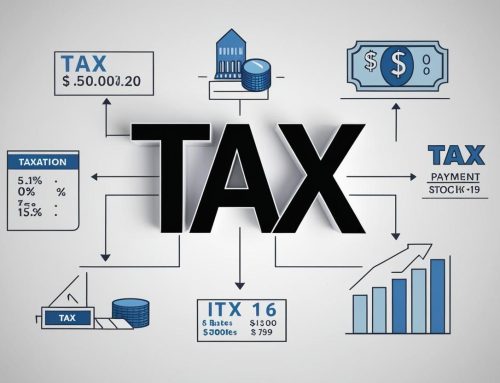December 16, 2022
At its meeting, the European Central Bank decided to raise interest rates only slightly, from 1.5% to 2%, but stated that in order to control inflation, rates would need to be raised “much” more.
Additionally, it stated that starting in March 2023, through the end of the second quarter of 2023, it will start to shrink its balance sheet by an average of 15 billion euros ($15.9 billion) per month.
More information about the reduction of its asset purchase program (APP) holdings will be announced in February, according to the statement, which also promised to periodically review the rate of decline to make sure it was consistent with its monetary policy strategy.
The central bank has raised rates four times this year, the most recent time by 50 basis points. 0.01 percent is equal to one basis point.
It increased rates by 50 basis points in July and by 75 basis points in October and September, lifting rates out of the negative region for the first time since 2014.
According to the ECB’s statement, “The Governing Council considers that interest rates will still need to rise significantly and steadily to reach levels that are sufficiently restrictive to ensure a prompt return of inflation to the 2% medium-term target.”
The central bank expects inflation to remain over its 2% objective until 2025 and stated that it was working on euro zone inflation estimates that had been “substantially revised up.”
The average inflation rate that is now anticipated is 8.4% in 2022, 6.3% in 2023, 3.4% in 2024, and 2.3% in 2025.
A recession in the area, according to it, would be “very short-lived and modest.”
Source: CNBC
Legal Notice: The information in this article is intended for information purposes only. It is not intended for professional information purposes specific to a person or an institution. Every institution has different requirements because of its own circumstances even though they bear a resemblance to each other. Consequently, it is your interest to consult on an expert before taking a decision based on information stated in this article and putting into practice. Neither Karen Audit nor related person or institutions are not responsible for any damages or losses that might occur in consequence of the use of the information in this article by private or formal, real or legal person and institutions.






